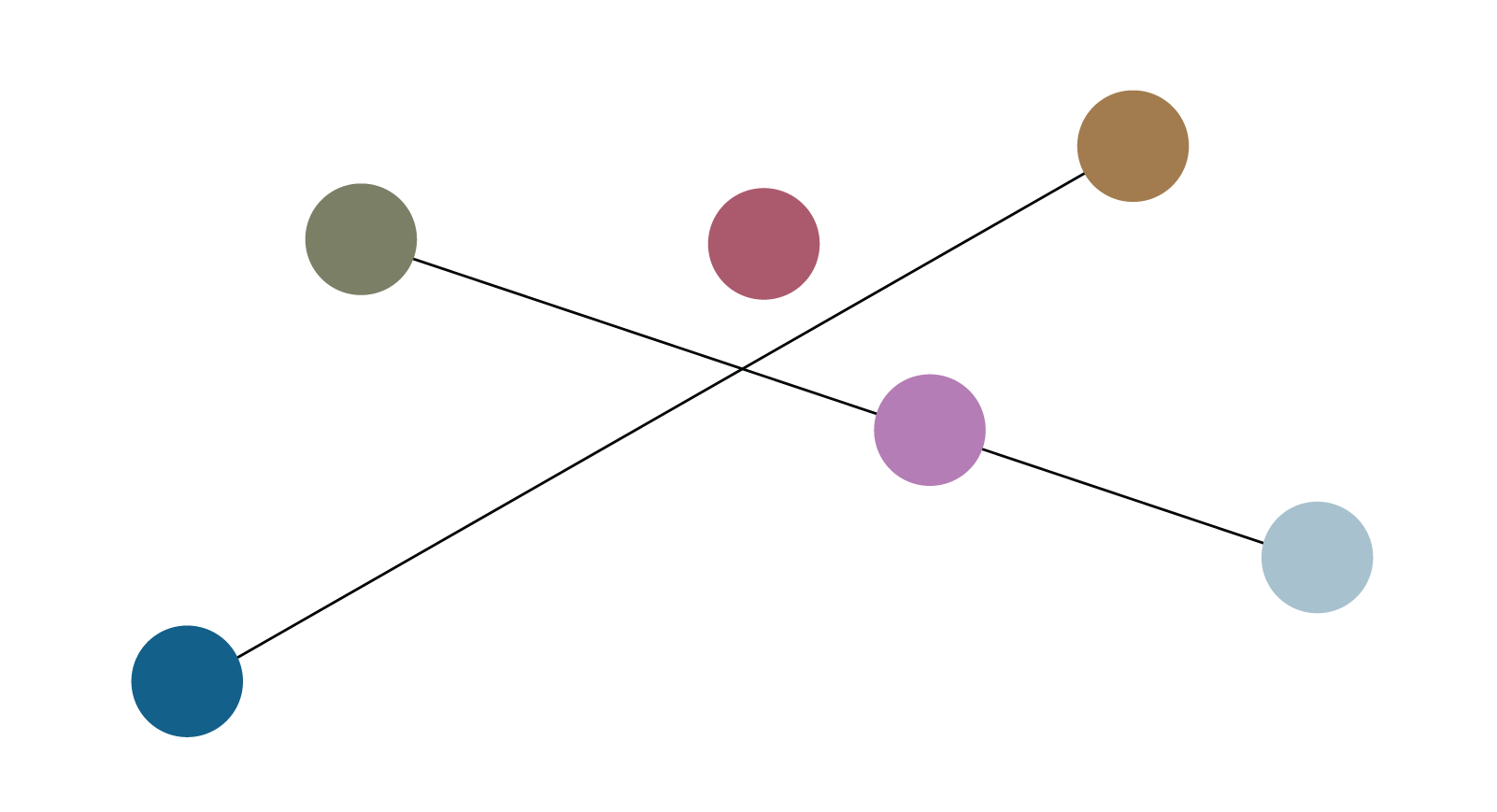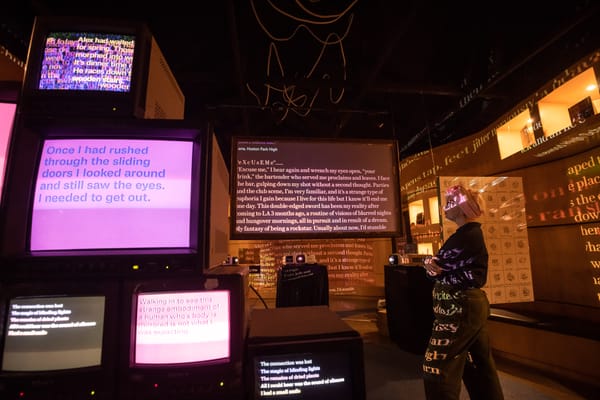Many of us spend huge amounts of time online and connected, but are worried about the negative impacts of digital technology - on the planet, on our mental health, on our politics, maybe in our communities.
These are important things to worry about. But we also need to try to make better.
My provocation here is this: Can we consider this disruptive moment in the history of AI as an opportunity to change?
Retuning attention
The nature of human attention, in a digitally-intensive world, is changing.
We spend many hours online, which means not paying so much attention to the spaces and ecosystems that sustain us. Many people are searching for new ways to ‘be present’, looking for ways to detox from digital devices, connect with nature, and so on.
Or to connect with the natural world through digital devices.
For many people, it's not possible to disconnect entirely from digital experiences and interfaces. Working lives require attention to email, to alerts, to digital collaboration tools. Social lives fall between the cracks without social media connections. So we’re still here, intensively connected, managing huge volumes of information and alerts on a daily basis.
How are you feeling about this state of digital attention?
Could you change how you use your digital attention, towards a more productive or attuned relationship to your environment?
Let’s summarise
- How we pay attention, in a digitally-intensive world, has huge value
- How AI is shaping new kinds of ecosystems of interaction - from voice-based AI assistants, to multi-modal AI
- Communities everywhere are caring for planet, for people, for future ancestors. This work is undervalued, while doom-scrolling generates profits for wealthy billionaires. Is there another way?
- How ‘care-full’ attention might shape a new digital age that learns from the mistakes of the early twentieth century.
- We need a new ‘civic AI stack’ to address this imbalance.


